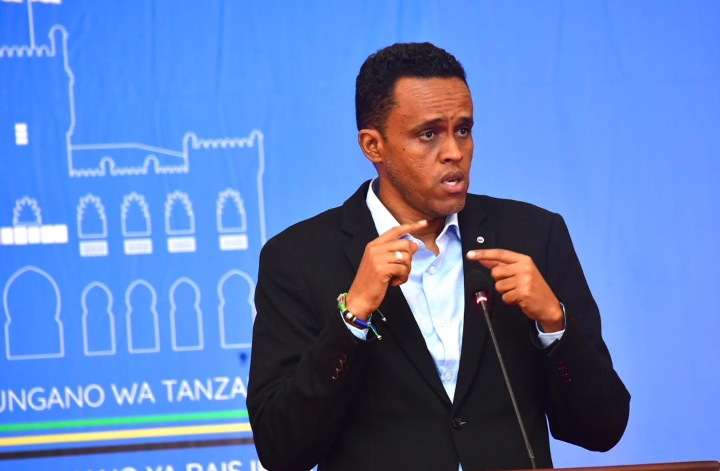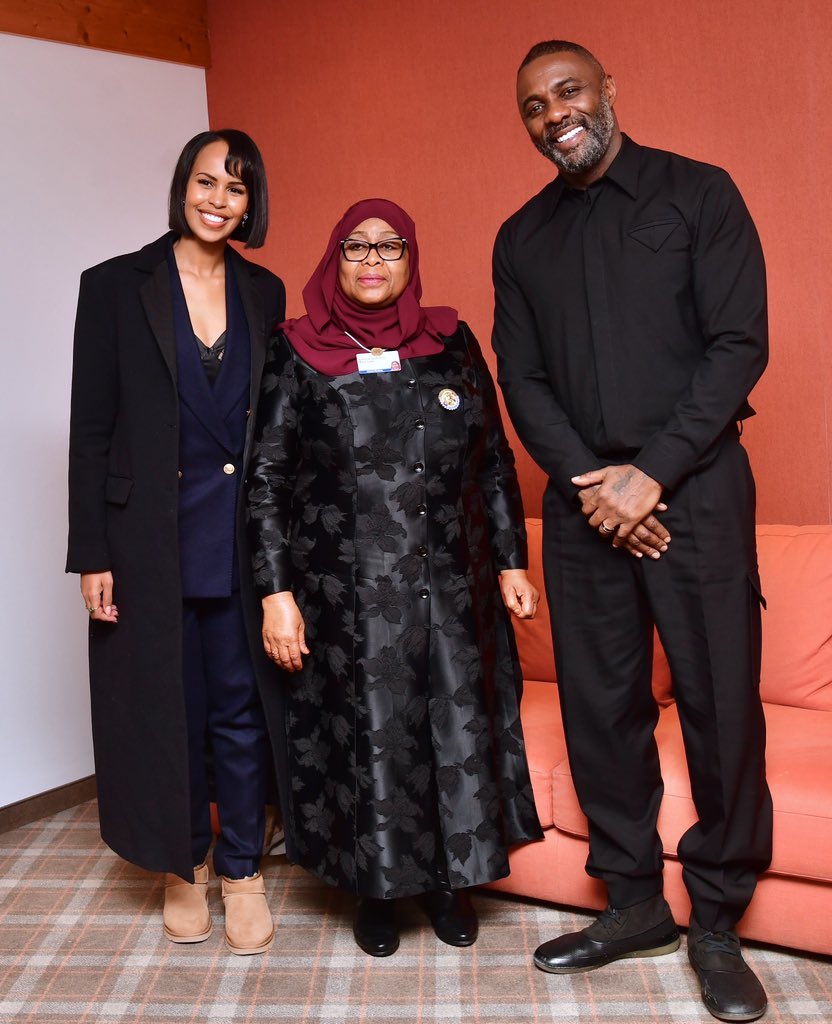Anthony Mtaka highlights Njombe’s potential by drawing a parallel between it and Israel within the Tanzanian landscape
By Neema Munisi, KilimoKwanza.org
In the serene highlands of Njombe, the biting cold might be the first thing to grab your attention. But behind the region’s chilly facade lies an intricate tapestry of economic prowess and contrasting social challenges.
Njombe is a paradox in many ways. With a population of 889,946, it remains one of the least populated regions of Tanzania. But regional commissioner (RC) Anthony Mtaka is quick to point out that this statistic doesn’t tell the full story.
Bustling Economy in a Sparse Landscape
Against the backdrop of its modest populace, Njombe takes pride in being one of the top food-producing regions in Tanzania.
“Other regions might boast of larger populations, but they face their own challenges,” states Mtaka, emphasizing that Njombe, in economic terms, has one of the highest incomes per capita in Tanzania.
Dive deeper, and you’ll find that this region has embraced the entrepreneurial spirit wholeheartedly. The hustle isn’t confined to the urban markets or the agribusiness moguls. Even the motorcycle taxi drivers in Njombe often own avocado or timber farms, showcasing a diversified economic model that many regions could only aspire to achieve.
Drawing parallels with smaller yet economically robust nations, Mtaka mentions, “Small countries like Israel or Rwanda have outperformed many of their larger counterparts. In a similar vein, despite its size, Njombe contributes significantly to the Tanzanian nation.”
When Commissioner Mtaka alludes to “small countries like Israel or Rwanda,” he’s highlighting an important trend in the global economic landscape: the ability of smaller nations to punch well above their weight class. This phenomenon isn’t just about the raw numbers; it’s about efficiency, innovation, and the unique challenges and advantages that come with being a smaller player on the world stage.
Israel: The Start-up Nation
Take Israel, for instance. With a population of approximately 9 million, it’s a tiny nation surrounded by larger neighbors and myriad geopolitical challenges. Yet, Israel has earned the moniker of the “Start-up Nation.” The nation has one of the highest densities of tech start-ups in the world. Factors such as mandatory military service, which instills a sense of discipline and problem-solving skills, combined with world-class educational institutions and a culture that encourages questioning and innovation, have propelled Israel to the forefront of global tech and innovation. Despite its small size, it competes with much larger nations in terms of technological advancements and contributions.
Rwanda: The Phoenix Nation
Rwanda’s story is both tragic and inspirational. From the ashes of a devastating genocide in 1994, Rwanda has emerged as one of Africa’s most promising economies. With deliberate governance, investments in technology, and an emphasis on women’s empowerment, Rwanda has transformed into a beacon of stability and progress in the region. Its capital, Kigali, is often lauded as one of the cleanest cities in Africa. Rwanda has leveraged its size to implement policies efficiently, focusing on sustainable growth and development.
Njombe’s Role in Tanzania
Drawing a parallel to these nations, Commissioner Mtaka emphasizes how Njombe, despite its smaller size relative to other Tanzanian regions, plays a significant role in the country’s economic fabric. Size often comes with challenges like bureaucratic delays, slower policy implementations, and complexities in governance. Smaller entities, be they nations or regions, can navigate these challenges with more agility. They can adopt innovative approaches, swiftly implement policies, and often have a more cohesive community that can rally behind local initiatives.
Njombe, with its rich agricultural output and entrepreneurial spirit, is akin to these smaller nations. Its contribution to Tanzania isn’t just in terms of tangible outputs like crops or businesses, but also in showcasing a model of efficiency and diversified economic growth. Just as Israel and Rwanda exemplify the potential of smaller nations on the global stage, Njombe exemplifies the potential of smaller regions within a nation.
In essence, Commissioner Mtaka’s comparison underscores a vital lesson: it’s not always about how large you are, but how effectively you harness your resources, innovate, and adapt to challenges. Size can be an advantage, but so can agility, innovation, and a cohesive vision. Whether on the global stage or within national borders, the stories of Israel, Rwanda, and Njombe teach us that with the right approach, smaller players can indeed cast long shadows.
The Malnutrition Paradox
However, with its laudable economic feats, comes a contrasting challenge. Njombe, a region abundant in fertile land and a top producer of various crops, puzzlingly ranks high in malnutrition.
The reason? Njombe’s economy is largely driven by its industrious women. These women, according to Mtaka, are not just participants but significant contributors to the local economy. They engage in various businesses, often selling most of what they produce to reinvest in other ventures. This bustling economic activity, while commendable, sometimes comes at the cost of the younger generation’s well-being. As both parents get engrossed in production, children occasionally suffer from neglect, both in terms of care and nutrition.
Bridging the Gap
The regional administration acknowledges the issue and is actively working to bridge this gap. Forums are being organized to educate parents about the importance of balanced nutrition for their children, and efforts are being made to ensure that economic success doesn’t compromise the well-being of the region’s youngest residents.
Njombe is a testament to the fact that economic prosperity and social challenges can coexist. While the region’s accomplishments in the agricultural and business sectors are commendable, the path forward demands a harmonious balance between economic growth and the health of its future generation.
+++Neema Munisi is a leading expert in agribusiness and gender-focused food systems. She is also a trainer on business-related topics. For consultancy, write to her. Email: neema.munisi80@gmail.com


